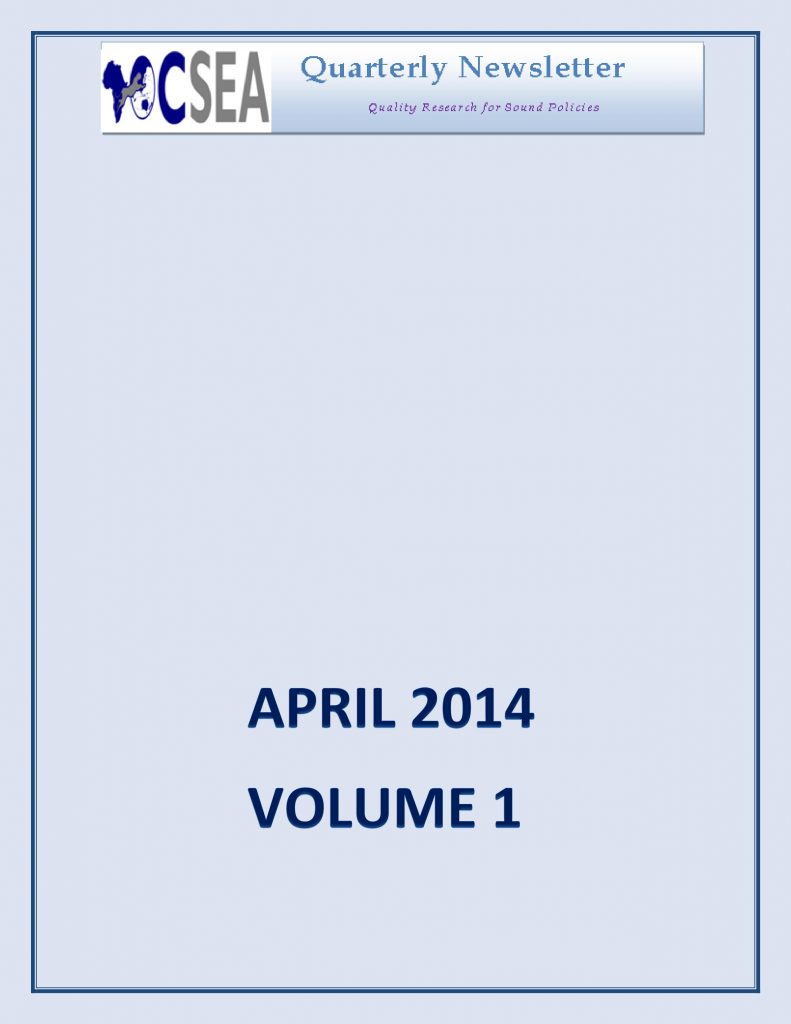Newsletters
Related
Nigeria Economic Update (Issue 34)
Recent NBS data shows a significant decline in
power generated in 2016Q2. Precisely, power generated declined by 31 percent
(quarter on quarter) from a total quarterly average of 92,352 MWH in 2016Q1 to
63,692.39 MWH in 2016Q2. Remarkably, the reoccurrences of pipeline
vandalism in 2016Q2 prompted the shortage of gas for power generation. Thus,
there were about eight recorded system collapses in the quarter which led to
several days of power outages. However, subsequent quarterly declines in power
generation could be averted if efforts to repair vandalized pipelines and adopt
hydro sources are intensified.
An Analysis Of The Nigerian Economic Growth And Recovery Plan
This Paper examines the response of the Nigerian government to the ongoing recession in
the domestic economy, particularly in the context of the recently released Economic
Recovery and Growth Plan (ERGP) for 2017-2020. It also provides an analysis of
key questions regarding the suitability, achievability, and prospect of the
ERGP. The second section of the brief runs through the state of the Nigerian
economy with a focus on the cause and drivers of the ongoing recession. The
third section reviews the objectives, implementation strategy, and expected
outcomes of the ERGP over the medium-term. The fourth section weighs on the
potentials of the ERGP by analyzing some pertinent questions: Is the proposed
recovery plan and policies well-targeted to address prevailing economic crises
in Nigerian economy?
Nigeria Economic Update (Issue 19)
Internally generated revenue by 35 states for the 2016 fiscal year increased by 17.5 percent to N802 billion from N683 billion generated in the preceding year. A breakdown of the IGR shows that the increase was driven by PAYE, Direct assessment, Road taxes, Revenue from MDAs and other taxes. The highest and lowest revenue generating states were Lagos (38%) and Ebonyi (0.1%) respectively. An improvement in the efficiency of the tax system could improve the contributions of the IGR to overall government revenue. Particularly, incorporating workers in small stores, agricultural and informal businesses into the tax system; building capacity of tax officials and computerizing their operations; as well as investing in quality data collection and access could provide some quick wins.

